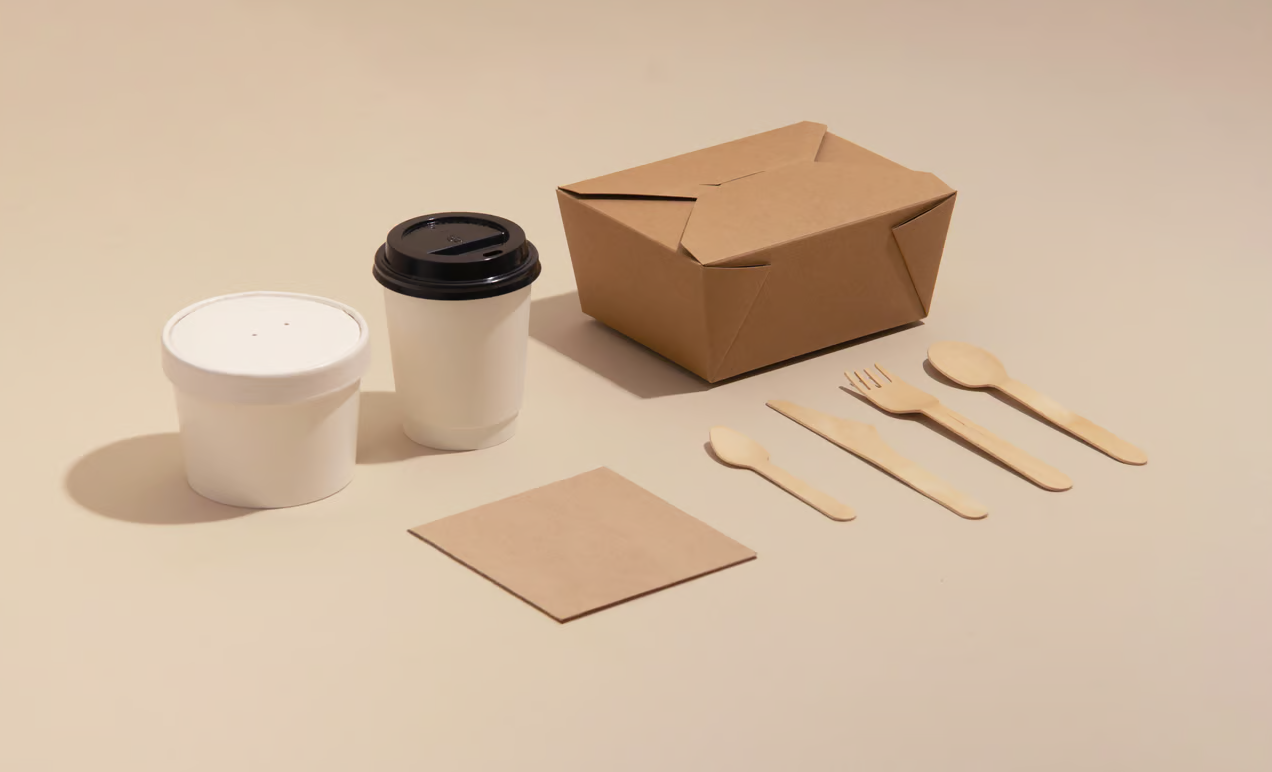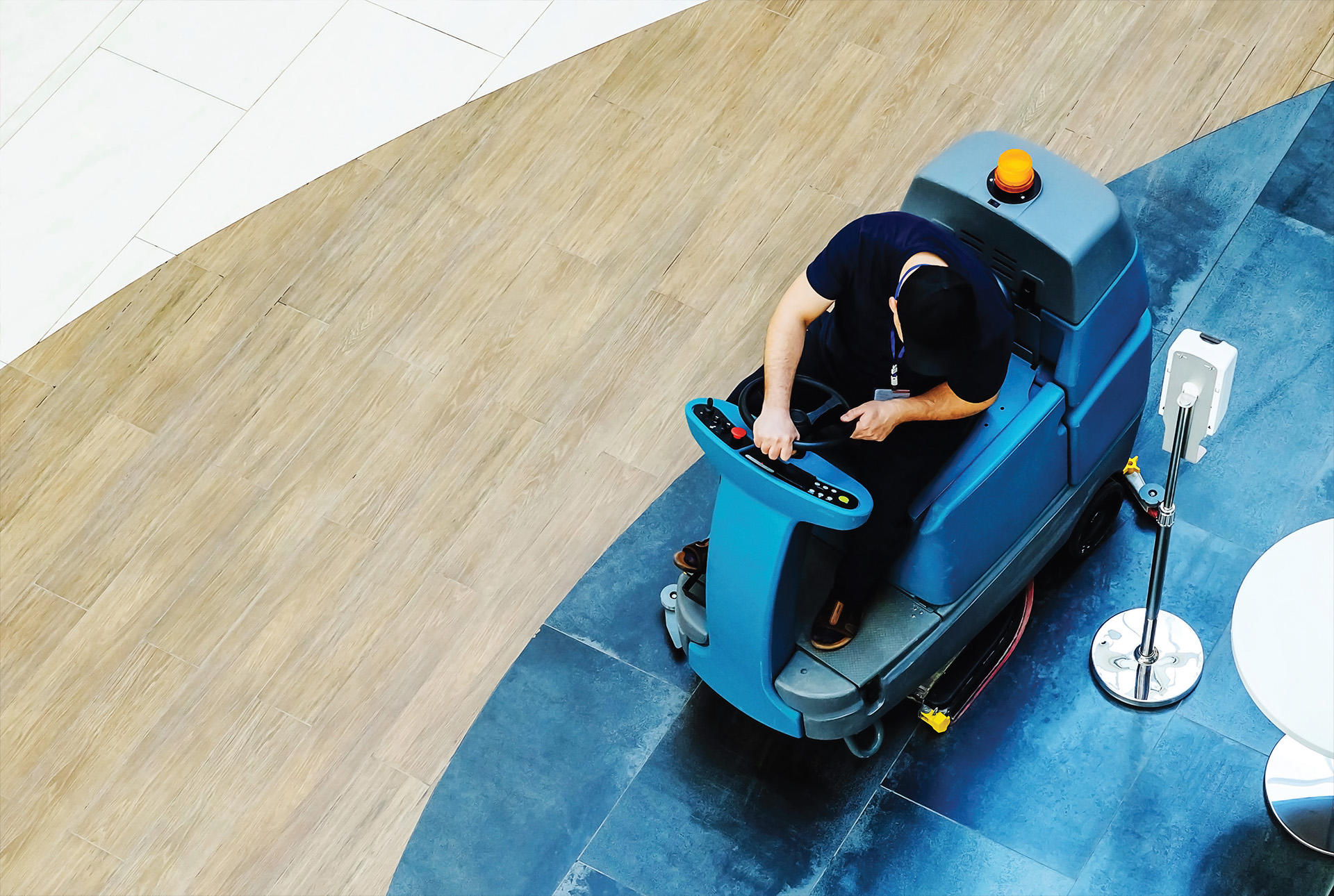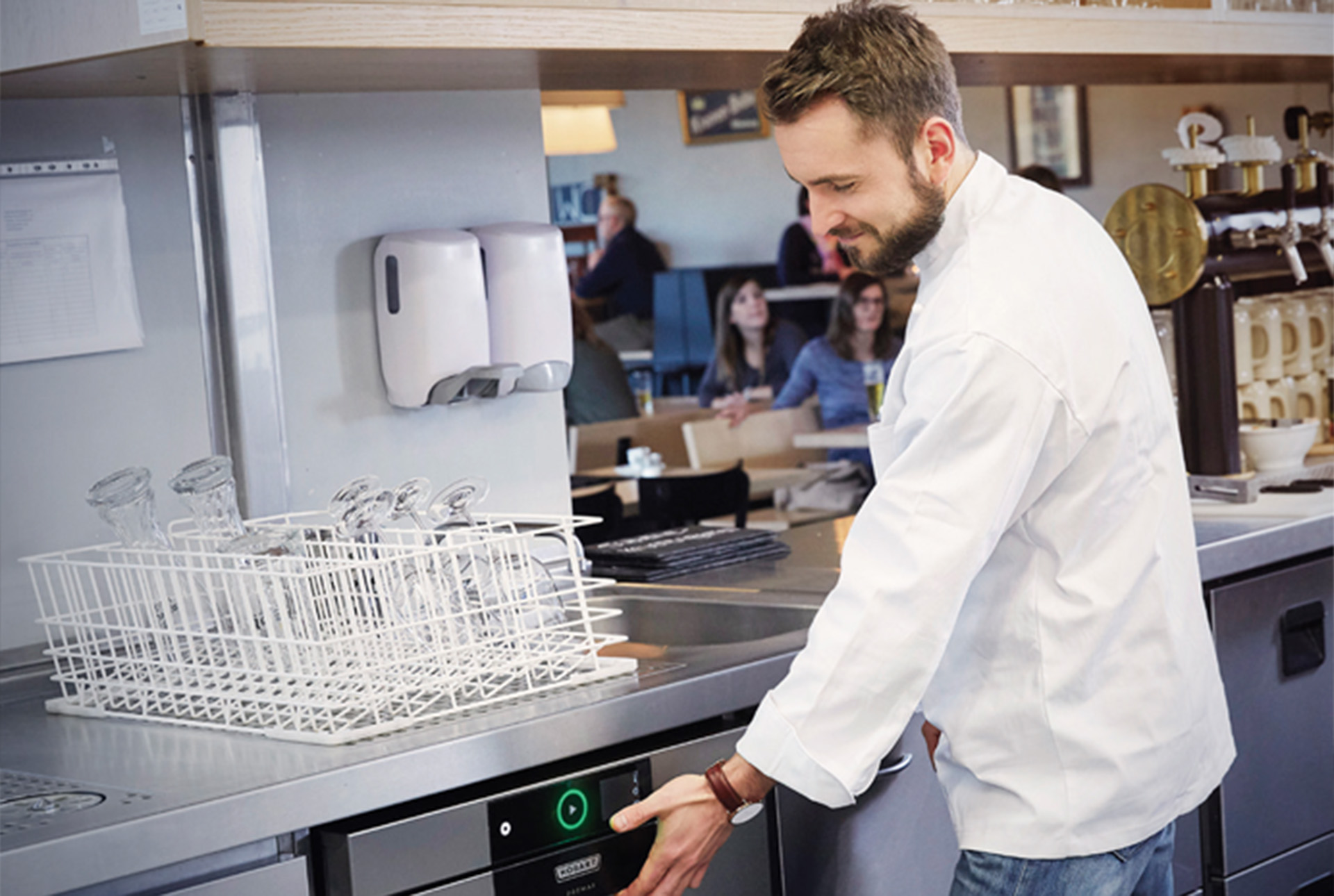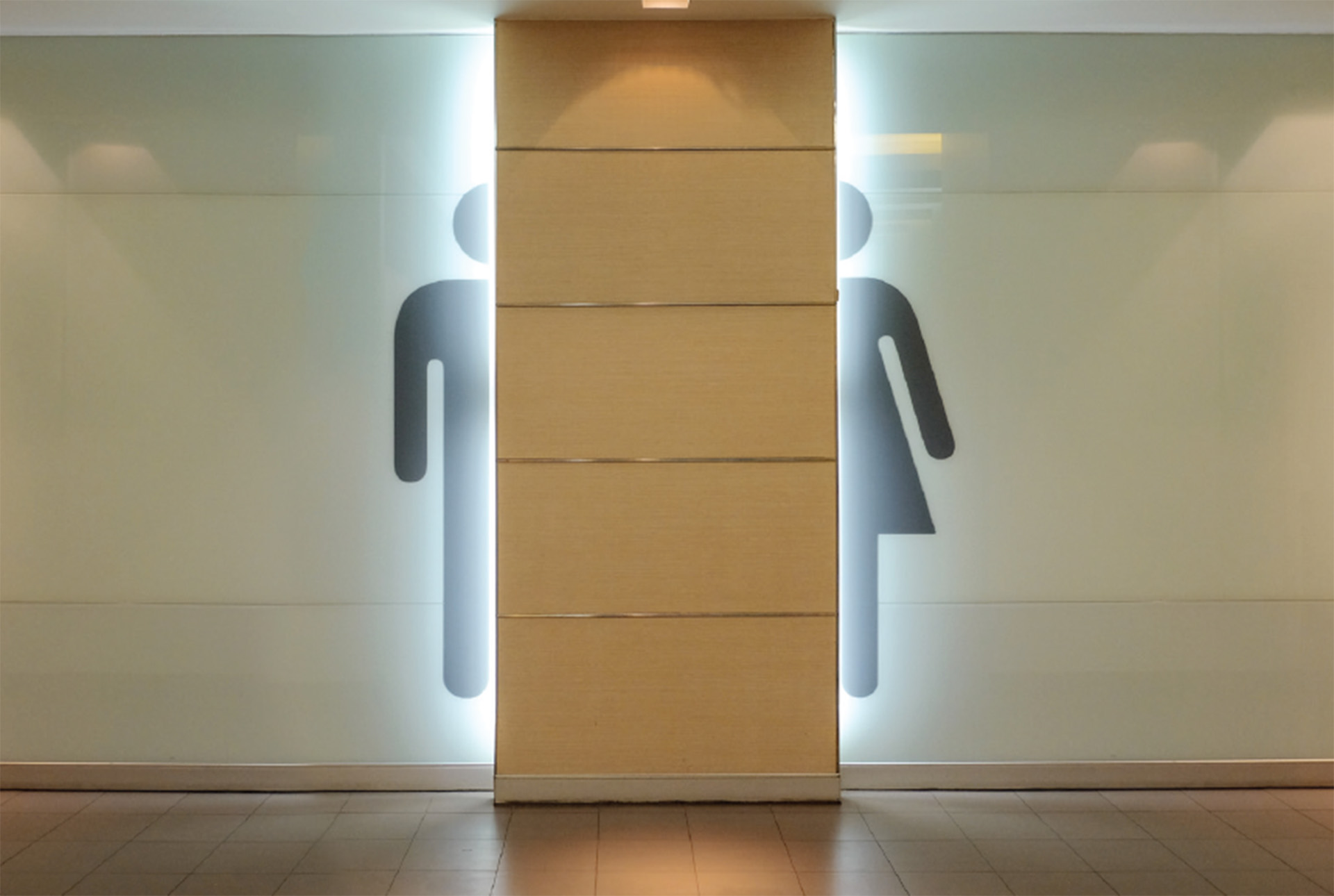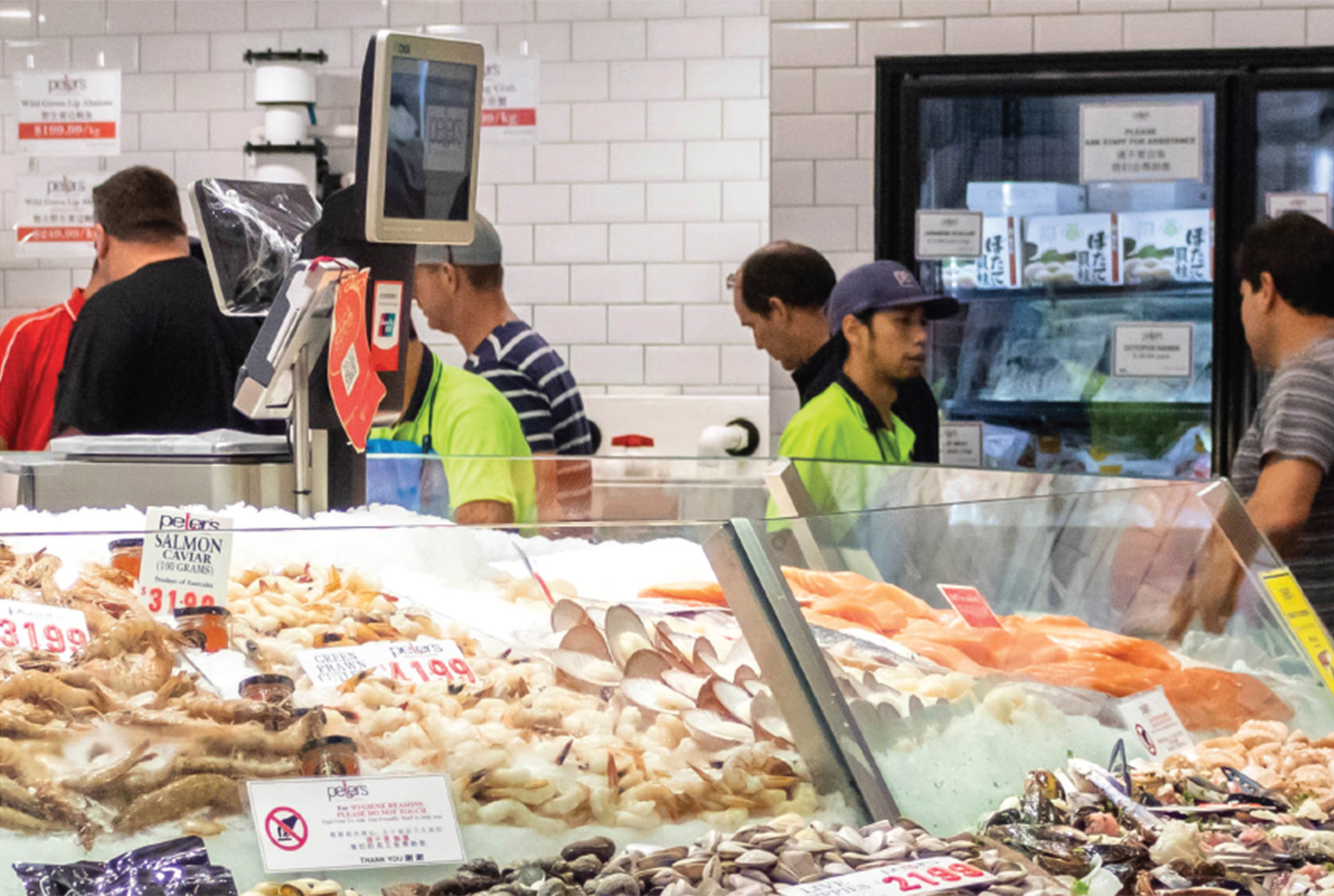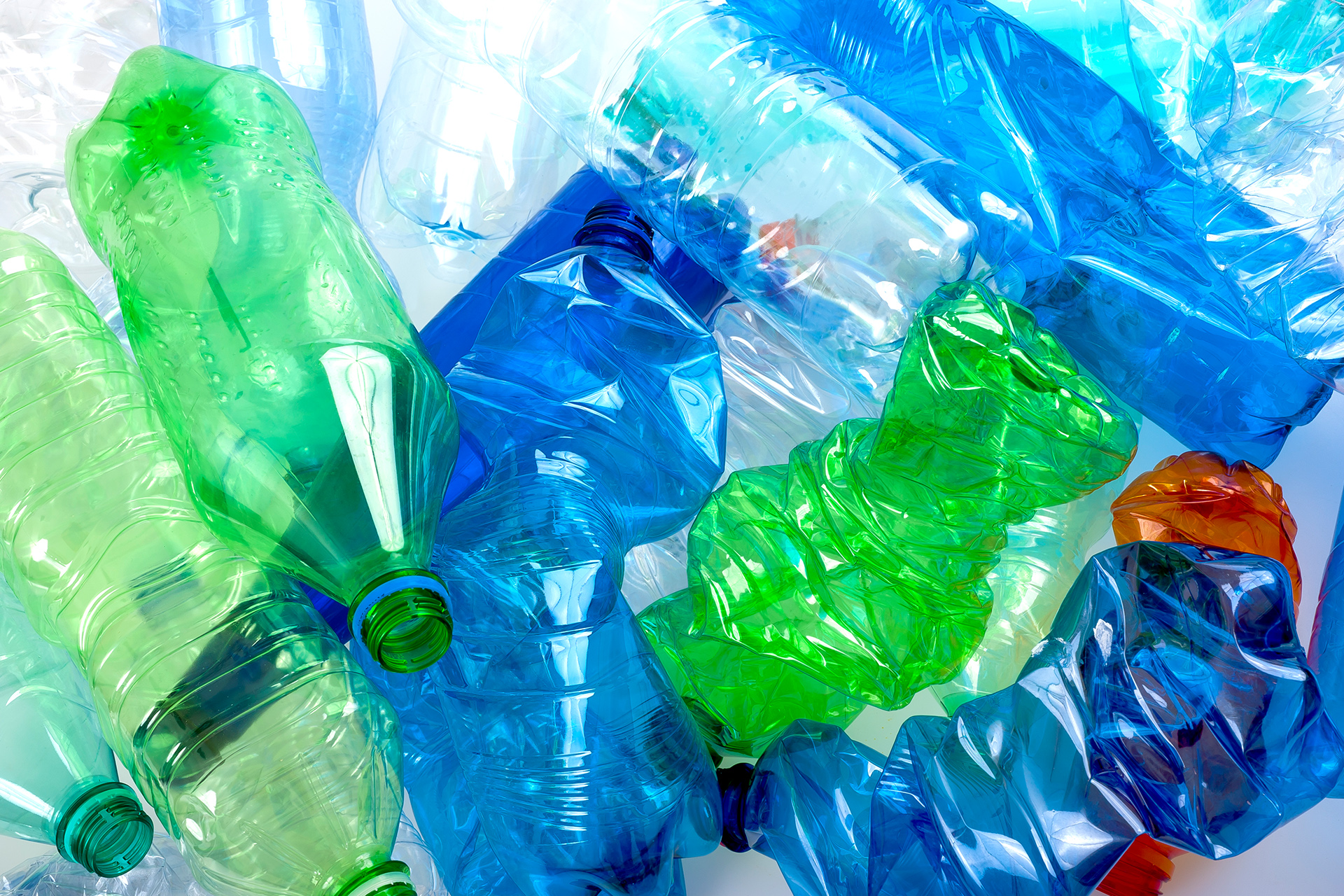Every decision your business makes has the power to create ripples – from your operations to your customers and ultimately the environment. In today’s world, where the impact of packaging waste and high-volume products like disposable napkins and cutlery are under the spotlight, those choices matter more than ever. It can feel like an insurmountable challenge, and yet making small but sustainably smart swaps can scale to some large environmental benefits.
It’s a movement that Bunzl has embraced wholeheartedly. “One of our main focuses in our sustainability strategy is to work with our customers and suppliers to phase out of problematic and unnecessary single-use plastics packaging and transitioning to circularity as a business,” says Felicity Kelly, Bunzl’s Head of Sustainability. “Being in the business of selling and moving consumer goods, we’re always actively seeking ways to reduce the negative impacts of our packaging – as well as transitioning towards the use of renewable materials where possible.”
One such example are Sustain’s napkins, a Forest Stewardship Council (FSC®-C117930) certified product made from renewable wood pulp. Earlier this year, the napkins transitioned its inner packaging from plastic to paper, leading to an estimated reduction of 6.2 tonnes of plastic waste annually. This small but impactful adjustment highlights how incremental changes in packaging can lead to significant, measurable environmental gains.
But it’s not just about numbers. Paper packaging offers wider advantages: it’s recyclable, often compostable, and resonates with environmentally conscious consumers. For your customers, these choices demonstrate that your business is actively tackling global sustainability challenges – and research shows that matters. Studies have found that purchasing decisions are increasingly influenced by environmental considerations, so your packaging choices aren’t just about compliance; they’re about building trust and loyalty.
Making small but sustainably smart swaps can scale to some large environmental benefits.
This shift is not just an ethical imperative but also aligns with recent government policies in Australia and New Zealand to reduce plastic use. In 2022, the New Zealand government banned a range of hard-to-recycle plastic items, with a roadmap to further reduce single-use plastics by 2025.
Similarly, Australia’s National Plastics Plan seeks to phase out unnecessary single-use plastics, with states like New South Wales implementing bans on products such as plastic straws and cutlery. These regulatory shifts drive innovation in packaging materials, creating opportunities for businesses to align their practices with sustainable solutions.
Of course, sustainability isn’t just about swapping plastic for paper. It’s about making thoughtful, informed decisions that consider the entire lifecycle of materials. Paper production, for instance, has its own environmental footprint, from water use to energy consumption. That’s why it’s vital to work with suppliers who prioritise responsibly sourced materials and transparent practices.
The decision to reduce plastic use in packaging represents an opportunity for your business to align with consumer preferences and regulatory policies while making tangible contributions to a healthier planet. As seen with Sustain, these changes are scalable, impactful and achievable within current supply chains.

